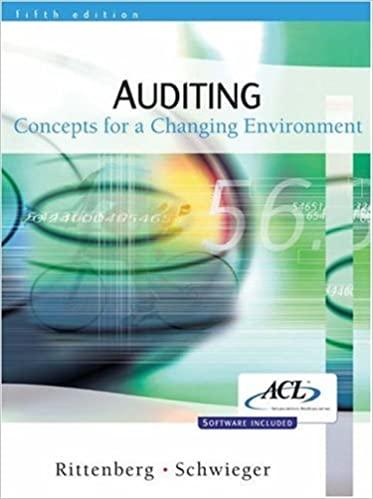Benson Manufacturing Company was started on January 1, Year 1, when it acquired $86,000 cash by issuing common stock. Benson immediately purchased office furniture and manufacturing equipment costing $7,000 and $25,600, respectively. The office furniture had an eight-year useful life and a zero salvage value. The manufacturing equipment had a $3,700 salvage value and an expected useful life of three years. The company paid $11,200 for salaries of administrative personnel and $15,900 for wages to production personnel. Finally, the company paid $17,470 for raw materials that were used to make inventory. All inventory was started and completed during the year, Benson completed production on 4,900 units of product and sold 3,980 units at a price of $16 each in Year 1. (Assume that all transactions are cash transactions and that product costs are computed in accordance with GAAP.) Required a. Determine the total product cost and the average cost per unit of the inventory produced in Year.1. (Round "Average cost per unit" to 2 decimal places.) b. Determine the amount of cost of goods sold that would appear on the Year 1 income statement. (Do not round intermediate calculations.) c. Determine the amount of the ending inventory balance that would appear on the December 31, Year 1, balance sheet. (Do not round intermediate calculations.) d. Determine the amount of net income that would appear on the Year 1 income statement. (Round your answer to the nearest dollar amount.) e. Determine the amount of retained earnings that would appear on the December 31, Year 1, balance sheet. (Round your answer to the nearest dollar amount.) f. Determine the amount of total assets that would appear on the December 31, Year 1, balance sheet. (Round your answer to the nearest dollar amount.) a. Determine the total product cost and the average cost per unit of the inventory produced in Year 1. (Round "Average cost per unit" to 2 decimal places.) b. Determine the amount of cost of goods sold that would appear on the Year 1 income statement. (Do not round intermediate calculations.) c. Determine the amount of the ending inventory balance that would appear on the December 31, Year 1, balance sheet. (Do not round intermediate calculations.) d. Determine the amount of net income that would appear on the Year 1 income statement. (Round your answer to the nearest dollar amount.) e. Determine the amount of retained earnings that would appear on the December 31, Year 1, balance sheet. (Round your answer to the nearest dollar amount.) f. Determine the amount of total assets that would appear on the December 31, Year 1, balance sheet. (Round your answer to the nearest dollar amount.)








